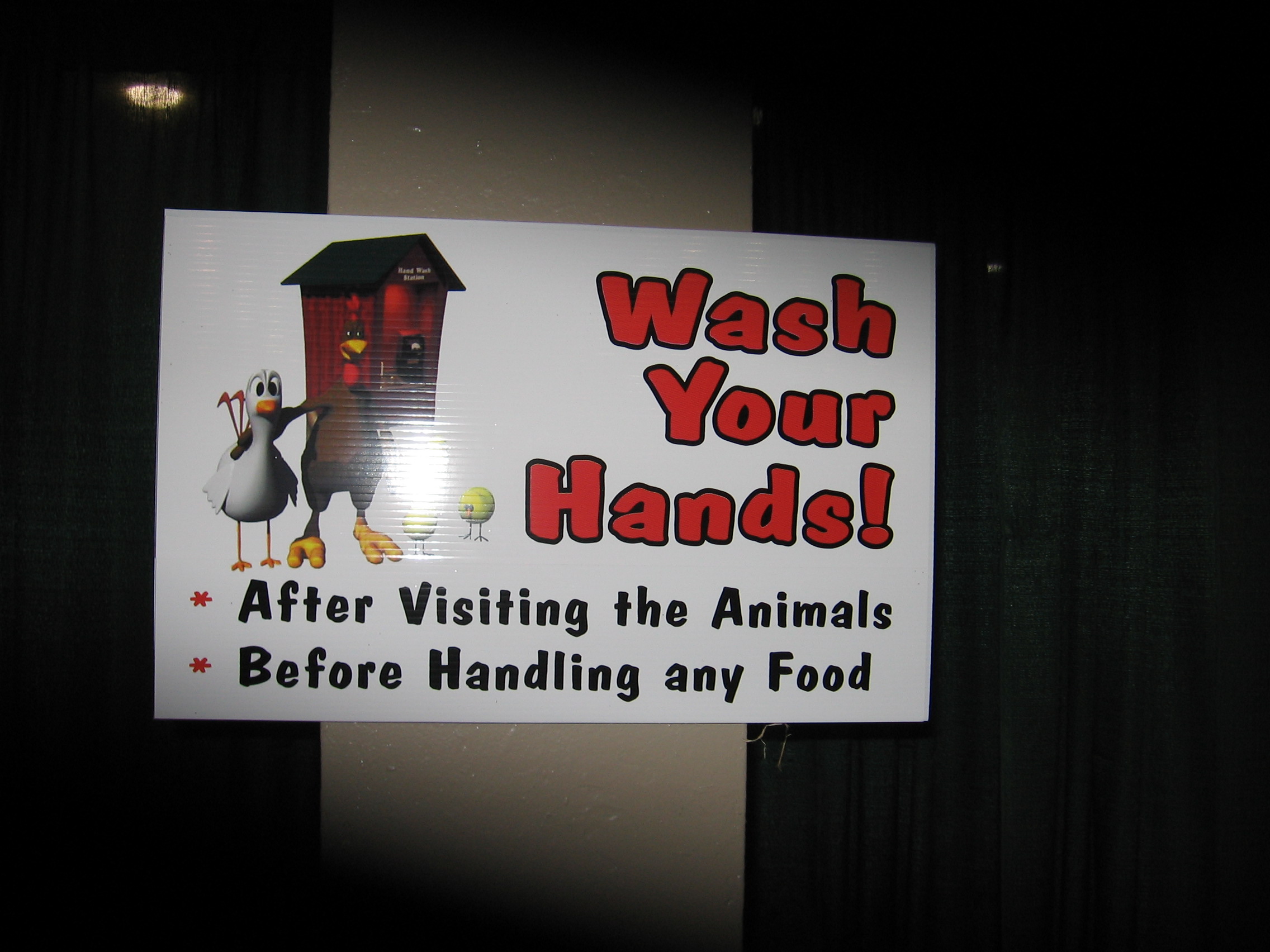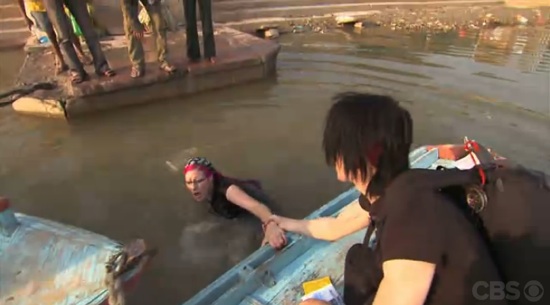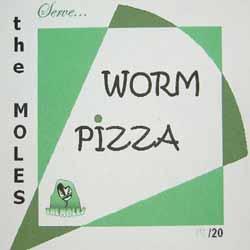In the fall of 1998, I accompanied one of my five daughters on a kindergarten trip to the farm. After petting the animals and touring the crops — I questioned the fresh manure on the strawberries –we were assured that all the food produced was natural. We then returned for unpasteurized apple cider.
The host served the cider in a coffee urn, heated, so my concern about it being unpasteurized was abated. I asked: "Did you serve the cider  heated because you heard about other outbreaks and were concerned about liability?" She responded, "No. The stuff starts to smell when it’s a few weeks old and heating removes the smell."??
heated because you heard about other outbreaks and were concerned about liability?" She responded, "No. The stuff starts to smell when it’s a few weeks old and heating removes the smell."??
I’m all for farm visits, local markets, petting zoos, but I want the operators to have a clue about the dangerous bugs that make people – especially little kids – sick.
What I haven’t written about before is that I called the local board of education after the farm visit and insisted the specific farm be removed from future school visits because it was obvious the operators were clueless about the dangerous microorganisms that can sicken kids.
And it happens a lot.
The U.K. Health Protection Agency reported today in Emerging Infectious Disease that it recorded 55 outbreaks of gastrointestinal diseases, such as E.coli and cryptosporidium between 1992 and 2009.
Lead author Dr Fraser Gormley, a HPA epidemiologist, said,
"Handwashing is the single most important prevention step in reducing transmission of gastrointestinal infections after handling animals and it’s .jpg) crucial that handwashing in young children should be supervised, especially after touching or petting animals or their surroundings on a visit to a farm."
crucial that handwashing in young children should be supervised, especially after touching or petting animals or their surroundings on a visit to a farm."
Those ‘Visitors Must Wash Hands’ signs are not enough. Operators need to take this seriously. So do education officials who send kids to substandard farms. If farms and petting zoos want to make money off school visits, they should actively promote handwashing and microbial awareness; if not, no school visits.
The report is available here.






.jpg) according to officials from the Department of Health Services (DHS) and Western Racine County Health Department (WRCHD). A parent had supplied unpasteurized milk from the farm for the school event.
according to officials from the Department of Health Services (DHS) and Western Racine County Health Department (WRCHD). A parent had supplied unpasteurized milk from the farm for the school event. .jpg) from the school.
from the school..jpg) Pools should also not allow non-potty trained children to be in them until further notice.
Pools should also not allow non-potty trained children to be in them until further notice. awareness of proper hand-washing, food preparation and illness prevention techniques.
awareness of proper hand-washing, food preparation and illness prevention techniques. worried mother, along with a piece of the "leafy" bar.
worried mother, along with a piece of the "leafy" bar. and baked beans. Where’s the protein?”
and baked beans. Where’s the protein?”  heated because you heard about other outbreaks and were concerned about liability?" She responded, "No. The stuff starts to smell when it’s a few weeks old and heating removes the smell."??
heated because you heard about other outbreaks and were concerned about liability?" She responded, "No. The stuff starts to smell when it’s a few weeks old and heating removes the smell."??.jpg) crucial that handwashing in young children should be supervised, especially after touching or petting animals or their surroundings on a visit to a farm."
crucial that handwashing in young children should be supervised, especially after touching or petting animals or their surroundings on a visit to a farm."